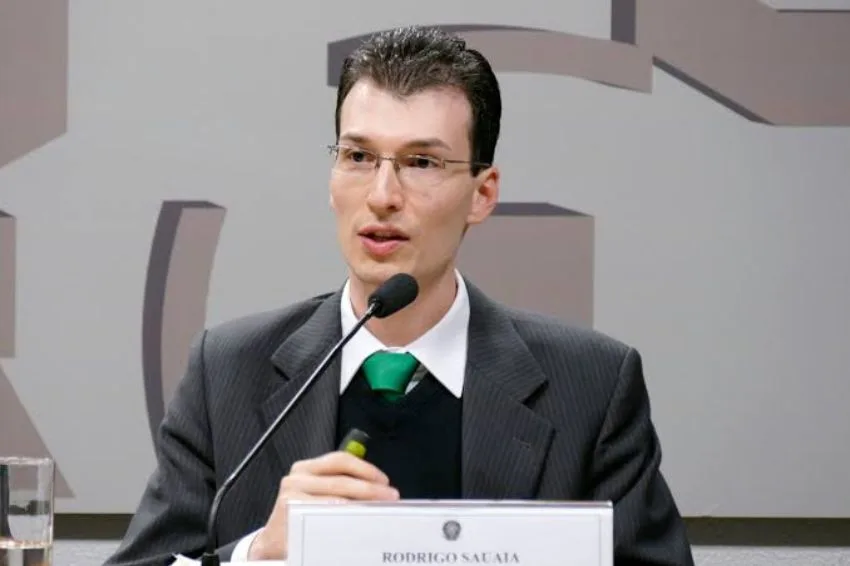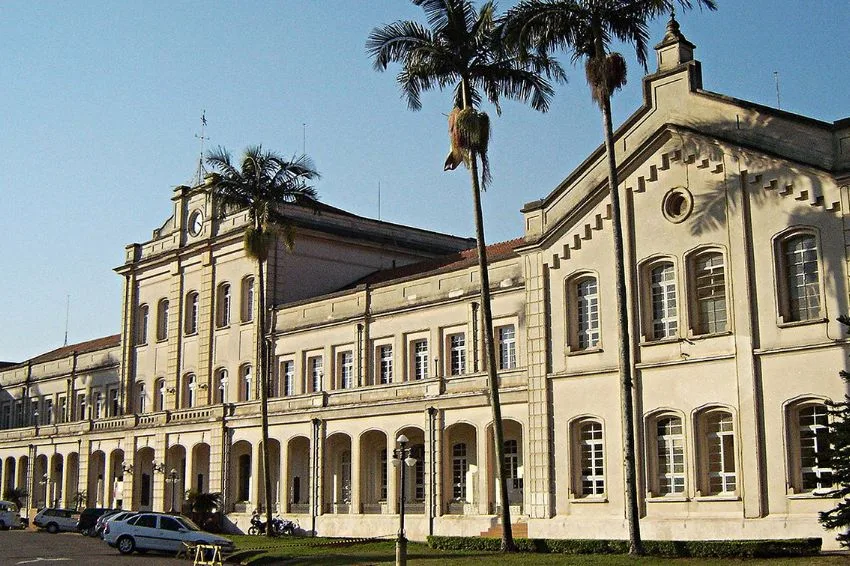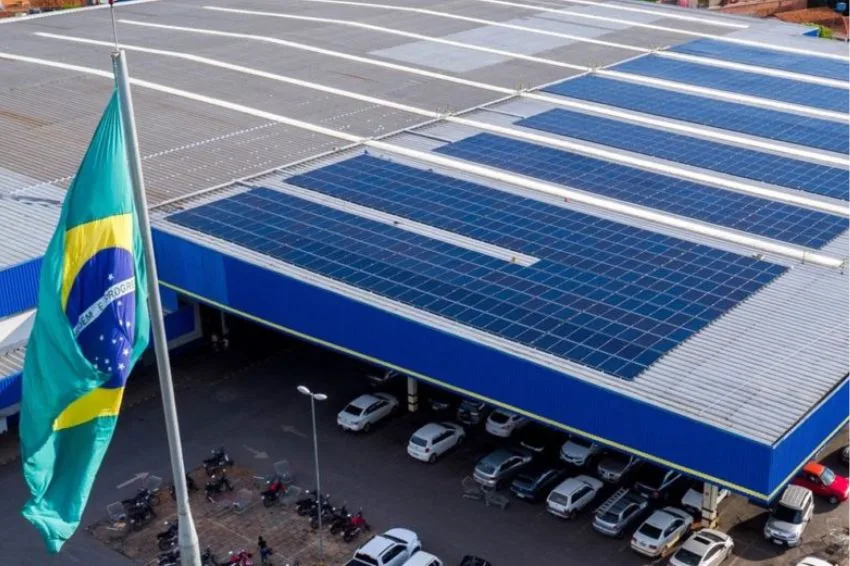The increase in global demand and the low supply in the solar module industry were some of the factors that led to the increase in the price of these products in September, as reported by Canal Solar at the end of July. Consequently, such situations are impacting the availability of photovoltaic products.
However, despite the challenging times the sector is experiencing due to the Covid-19 pandemic, distributors sought alternatives to try to overcome the lack or delay of equipment in order to deliver them.
Genyx, for example, even due to the increase in global demand, a drop in the pace of manufacturing due to the coronavirus and the low availability of maritime transport, managed to guarantee a constant flow of material deliveries for the coming months, the result of planning and alignment with your supply chain six months in advance.
“With this advance notice, we guaranteed a highly sought-after space in the manufacturing lines that have been working at maximum capacity. Our equipment is already in stock, in ports and in maritime transit”, said Bruno Reis, commercial director at Genyx.
Bluesun Solar, even amid the pandemic, also maintained its punctual service. “We invested in a prior schedule, maintaining purchases in China and believing in the market’s rapid recovery. With this, we were able to keep the stock supplied to serve our integrators and franchisees, as we noticed that the distribution market reduced purchases, resulting in this unavailability of material”, commented Roberto Caurim, CEO of Bluesun Solar do Brasil.
“In fact, following this thought, we already have a schedule for the Chinese New Year which will be in February 2021, with the aim of keeping our stocks always supplied”, added Caurim.
Another company that overcame the problems to serve resellers and installers within the deadline is Aldo Solar. “Regarding the availability of photovoltaic equipment, we inform that stocks are scheduled in advance and that deliveries by solar panel partners such as BYD, Trina and Jinko are within forecast”, highlighted Aldo Teixeira, president of Aldo Solar.
“What is hindering operations is the logistics of delivering equipment via the sea route. Shipowners have not been fulfilling deliveries and this delays the entire schedule. As an example, we can cite the case of a ship coming from China that simply skipped the port of Paranaguá and went straight to Uruguay. We are only receiving these panels now, ten days later”, he pointed out.
Despite the logistical problem, the company announced that the sale and delivery of stock by March 2021 has already been confirmed by the manufacturers.
SBSolar is also working with the main brands for immediate delivery and in stock. “Here, we prepared during the heaviest phase of the pandemic to be able to meet the demand for products when customers returned to shopping. We believe that at the beginning of next year some industries that were caught by surprise will normalize deliveries”, reported Marcelo Gaspar, commercial manager at SBSolar.
Integrators report equipment unavailability
The integrator Alpha Energia solar, located in Olinda (PE), is one of the companies facing the problem of lack of materials. According to director Antônio Neto, since the end of September they have not received the products that were ordered.
“All orders are expected to be shipped within 90 days. The supplier is working hard to alleviate the situation. However, I'm sure they are having this difficulty due to the pandemic and due to the factory GCL-Poly in China, one of the world’s largest producers of polysilicon, caught fire”, commented Neto.
For EOS Solar, located in Marau (RS), the scenario of lack of materials is also a reality. “It’s not big, but we are experiencing this delay. Prices still rose a lot due to the dollar, which ends up contributing to this more difficult time”, said Ricardo Rizzotto, owner of the company.
“I have two solar plants, one with around 200 panels and the other with 300. I closed them with a metal structure, but when I went to buy there was no longer a U profile on the market. Now, I am starting production with concrete blocks to try to overcome this lack of materials in Brazil”, he explained.
However, according to the executive, even with the lack of products from some suppliers, the number of distributors increased. “In the last six months, I think it has doubled. I receive emails every week, for example. In April, we had a big drop in revenue, but in recent months profit has been rising by 20% per month”, reported Rizzotto.
The latest update from EOS Solar showed that in 2020 revenue has already reached approximately R$ 6 million, which is representing a significant increase compared to the total value recorded last year, which was approximately R$ 5 million. Making a comparison with 2015, it is possible to observe even greater growth. At the time, around R$ 150 thousand in profit were recorded.
















